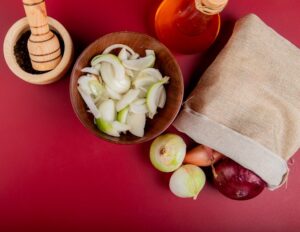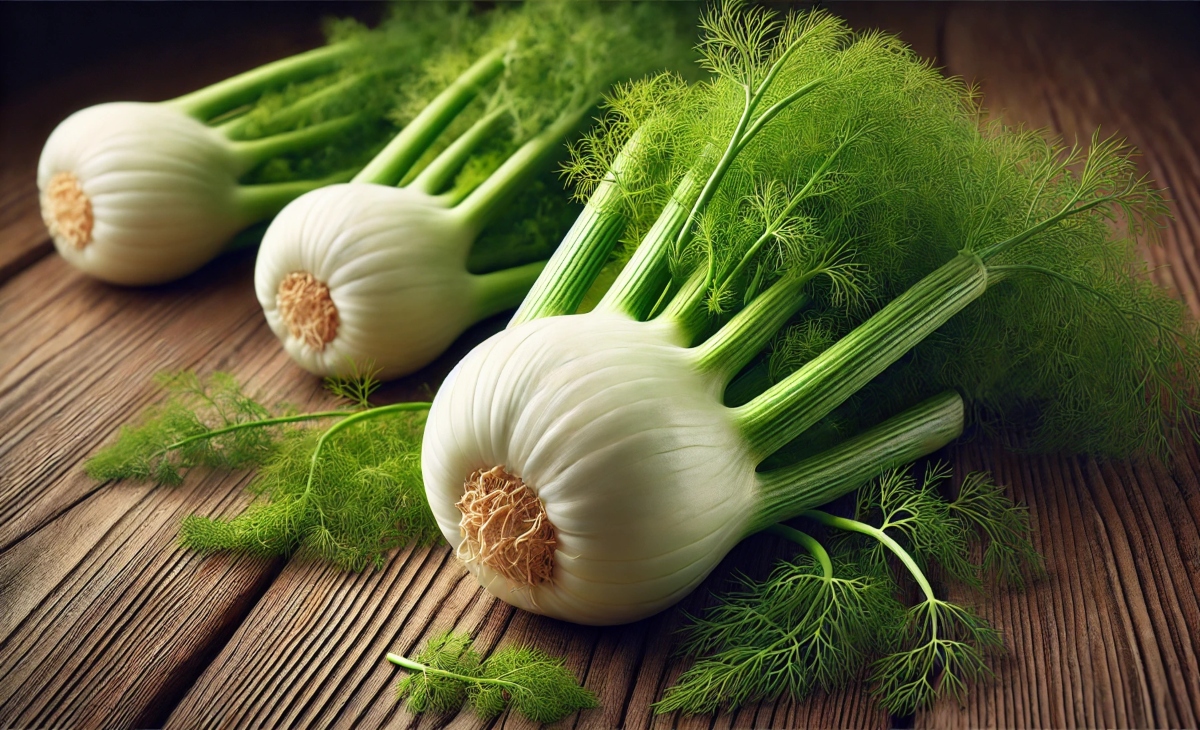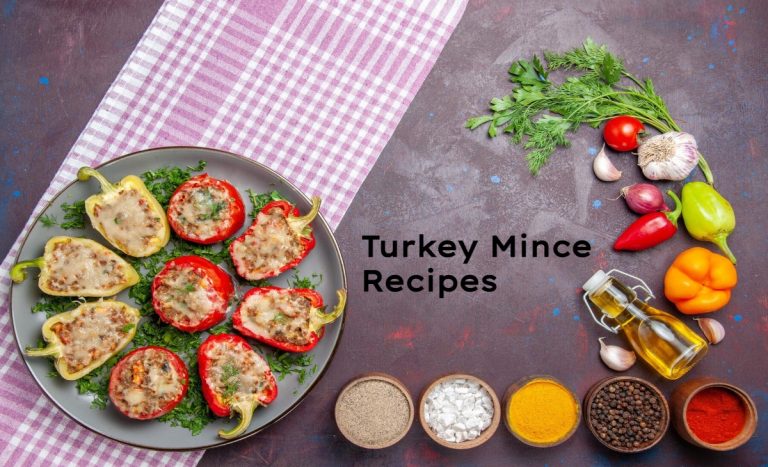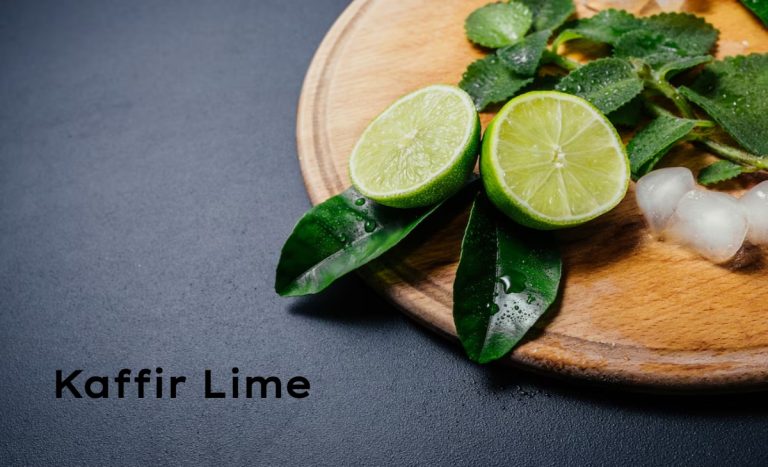If you’re looking to add a burst of flavor and nutrition to your meals, look no further than the humble fennel bulb. This unique vegetable is not just a pretty face; it’s packed with health benefits that can elevate any dish. With its crisp texture and slightly sweet, anise-like taste, fennel has earned its place in kitchens around the world. Whether you’re tossing it into salads or roasting it for depth of flavor, this versatile ingredient can do wonders for both your palate and overall wellness. Let’s dive deeper into what makes fennel bulb so special!
What Is a Fennel Bulb?
Fennel bulb is a unique vegetable that belongs to the carrot family. Its round, white base has a crunchy texture and mild flavor, often described as reminiscent of licorice.
This fascinating plant features feathery green fronds that can also be used in cooking. Fennel thrives in Mediterranean climates but is now enjoyed worldwide.
The bulb itself grows underground, forming a layered structure that’s both visually appealing and versatile in culinary applications. You can eat it raw or cooked, making it suitable for salads, soups, and roasted dishes.
Rich in antioxidants and vitamins, fennel bulb not only enhances your meals but contributes to your health as well. Its distinct taste adds depth to various cuisines while being relatively low in calories.
Nutritional Value of Fennel Bulb
Fennel bulb is not just a flavorful addition to your dishes; it’s also packed with essential nutrients. One medium fennel bulb contains about 73 calories, making it a low-calorie option for those watching their intake.
Loaded with dietary fiber, fennel helps promote digestive health and keeps you feeling full longer. It also provides important vitamins like vitamin C, which supports the immune system and skin health.
Minerals such as potassium and manganese are present in fennel too. Potassium aids in regulating blood pressure, while manganese plays a role in bone formation and metabolic processes.
Additionally, fennel has antioxidants that help combat oxidative stress in the body. This unique combination of nutrients makes the fennel bulb an excellent choice for enhancing both flavor and nutrition in your meals.
Health Benefits of Fennel Bulb

Fennel bulb is more than just a flavorful addition to your meals; it’s packed with health benefits that can enhance your well-being. Rich in antioxidants, fennel helps combat oxidative stress in the body. This can lead to better overall health and may reduce the risk of chronic diseases.
The fiber content in fennel aids digestion and promotes gut health. It keeps things moving smoothly through your digestive system and can help alleviate bloating.
Additionally, fennel has anti-inflammatory properties, which may soothe various ailments. Consuming it regularly could support heart health by regulating cholesterol levels.
Moreover, its natural compounds are thought to have hormone-balancing effects, making it beneficial for women experiencing menstrual discomfort or menopause symptoms. Incorporating this versatile vegetable into your diet not only adds flavor but also supports various aspects of physical health.
How to Select and Store Fennel Bulbs
Selecting fennel bulbs involves looking for firm, compact specimens. The outer layers should be crisp and free from blemishes or soft spots. Ideally, choose bulbs that are light green to white in color.
When it comes to storage, freshness is key. Keep your fennel bulb unwashed in a perforated plastic bag in the refrigerator’s crisper drawer. This will help maintain moisture while allowing air circulation.
If you’ve cut into the bulb, wrap any leftovers tightly in plastic wrap and use them within a few days for optimal flavor.
For longer storage solutions, consider chopping and freezing fennel. Blanching it first can preserve its texture and taste better when thawed later on. Properly stored fennel can last up to two weeks fresh or several months frozen before losing quality.
How to Prepare Fennel Bulb for Cooking

Preparing fennel bulb for cooking is quite simple. Start by giving it a good rinse under cold water to remove any dirt or debris.
Next, chop off the green fronds at the top. These can be reserved for garnishing dishes or adding flavor to salads. Then, slice off the root end of the bulb.
To cut the fennel, place it flat on your cutting board. Slice it in half vertically and then into thin strips or wedges based on your recipe’s requirements.
Fennel can be eaten raw in salads for a crunchy texture and anise-like flavor. If you prefer a cooked version, consider sautéing, roasting, or grilling until tender and caramelized. Each method enhances its sweetness while softening its crunchiness beautifully.
Experiment with different preparations to see which style fits your taste best!
Popular Fennel Bulb Recipes
Fennel bulb is a versatile vegetable that shines in countless recipes. Its mild anise flavor adds depth to dishes, making it a favorite among chefs.
One popular way to enjoy fennel is through roasting. Simply slice the bulb into wedges, drizzle with olive oil, season with salt and pepper, and roast until caramelized. The result is sweet and tender goodness.
Another delicious option is fennel salad. Combine thinly sliced raw fennel with citrus segments, fresh herbs, and a light vinaigrette for a refreshing side dish that brightens any meal.
For those who love soups, fennel can be sautéed with onions and garlic before adding broth for a flavorful base. Blend until smooth for an elegant touch to your dinner table.
Don’t forget about fennel in pasta dishes! Toss roasted or sautéed pieces into spaghetti or risotto for added texture and taste. Each bite offers delightful layers of flavor.
Fennel Bulb vs Fennel Seeds: What’s the Difference?
Fennel bulbs and fennel seeds may come from the same plant, but they offer different flavors and uses in cooking. The bulb is a crisp vegetable with a slightly sweet, licorice-like taste. It’s often enjoyed raw in salads or roasted to enhance its flavor.
On the other hand, fennel seeds are tiny, aromatic seeds that pack a punch. They’re used as a spice due to their strong anise flavor. Ground or whole, these seeds add depth to dishes like sausages and breads.
Nutritionally, they differ too. Fennel bulbs provide hydration and fiber while being low in calories. Fennel seeds are richer in nutrients like calcium and iron but are typically consumed in smaller amounts.
Understanding these differences can elevate your culinary experience. Whether you choose the crunchy bulb or flavorful seeds depends on what you’re cooking!
Side Effects and Precautions
While fennel bulb is generally safe for most people, some may experience mild side effects. Allergic reactions can occur, leading to symptoms like skin rashes or difficulty breathing. If you notice any unusual signs after consuming fennel bulb, it’s wise to seek medical advice.
Fennel contains compounds that might interact with certain medications. Those taking blood thinners should be cautious, as fennel could potentially enhance the effects of these drugs.
Pregnant and breastfeeding women should consult a healthcare provider before adding large amounts of fennel bulb to their diets. Although moderate consumption is usually considered safe, it’s always better to err on the side of caution.
Additionally, individuals with hormone-sensitive conditions should also discuss their intake with a professional since fennel has estrogen-like properties that might affect such conditions. Always listen to your body and prioritize health when trying new foods.
Final Thoughts on Fennel Bulb
Fennel bulb is a versatile ingredient that can elevate countless dishes. Its unique flavor profile of sweet and slightly licorice notes adds depth to recipes, making it a favorite among chefs.
Incorporating fennel into your meals not only enhances taste but also contributes valuable nutrients. Rich in vitamins and antioxidants, this vegetable supports overall well-being.
Experimenting with different cooking methods can reveal new textures and flavors. Whether you roast, sauté, or enjoy it raw in salads, fennel offers something special each time.
Embracing this aromatic bulb can open up a world of culinary possibilities while reaping its health benefits. It’s an excellent addition to any kitchen pantry for those looking to explore new tastes without straying too far from the familiar.
So next time you’re at the market or grocery store, consider picking up some fennel bulbs for your next meal adventure!







